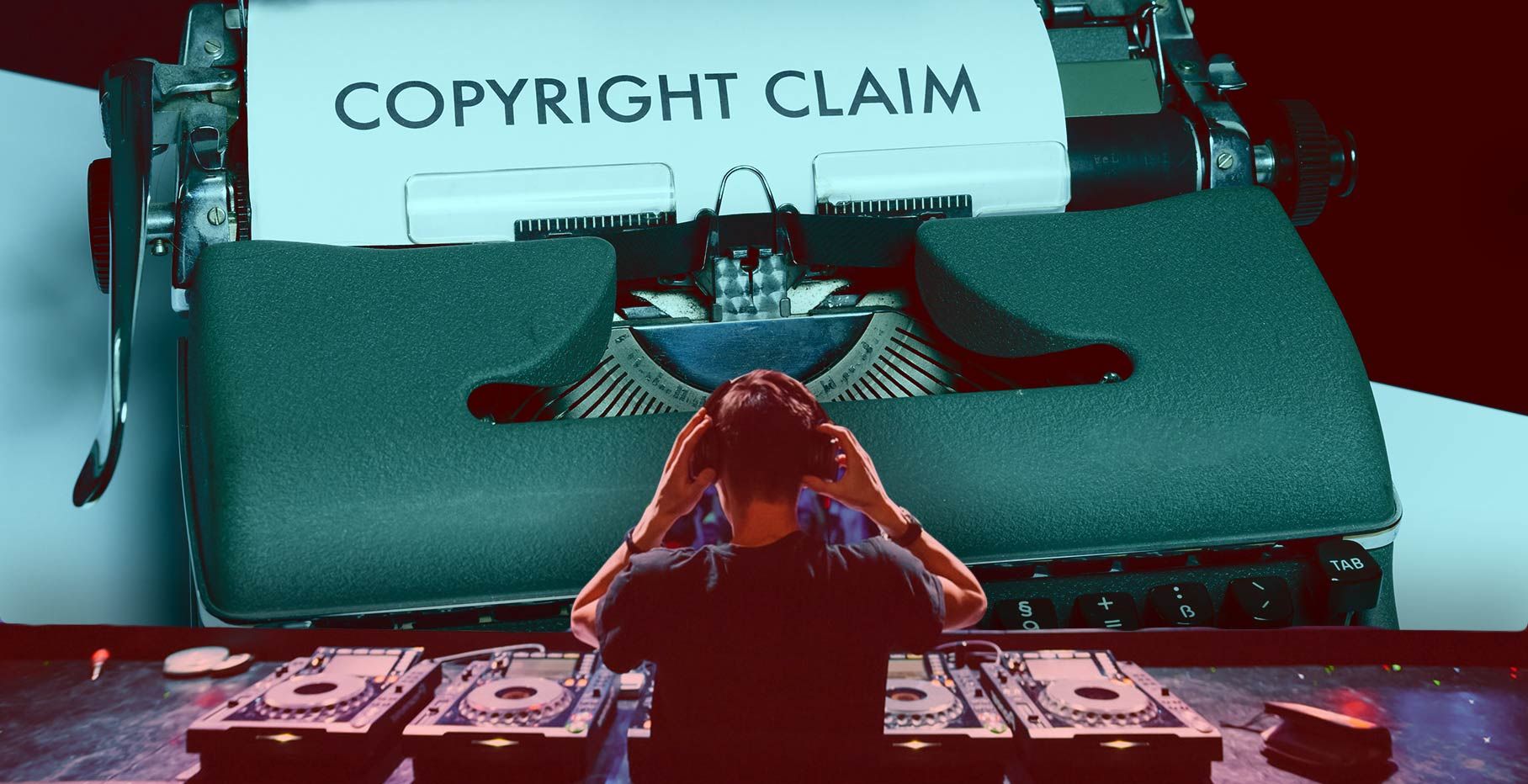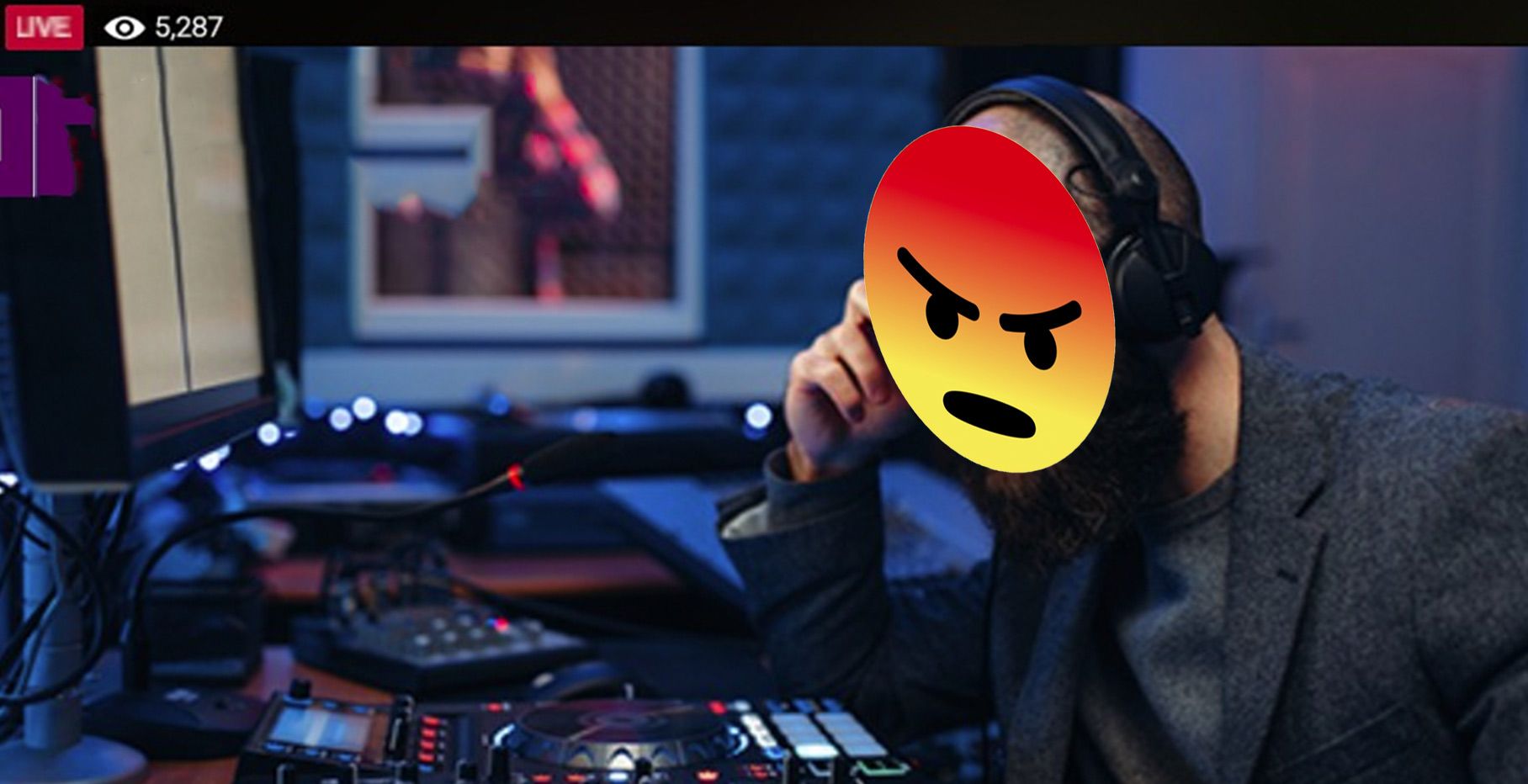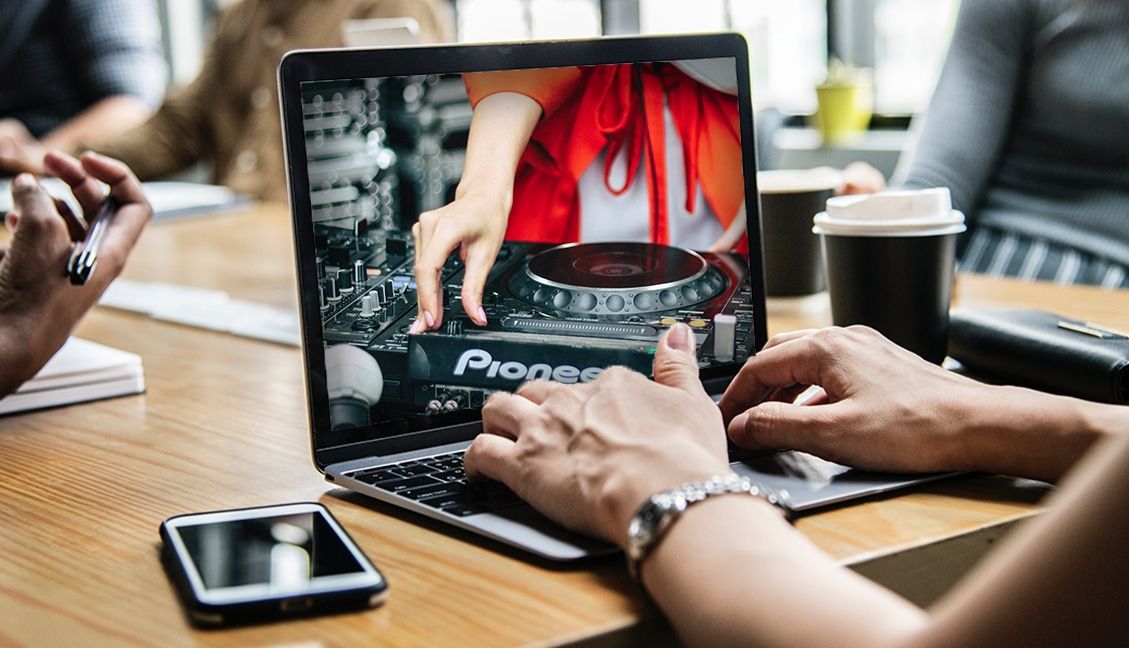Not that long ago, MySpace was the de-facto place for musicians and DJs to build a fan base. Over the last few years, the focus turned to Facebook, with an increasing emphasis on building followers and growing your page Likes. With the long-term health of the platform and the value of Likes being called into question, we can’t help but ask: what’s next?
“Relying on social media platforms is like leasing real estate on the Internet – ultimately you don’t own it. It isn’t wise to rely solely on one platform because social networks are like parties on the Internet: like any party, once it dies down, people move on to the next one” – Hisham Dahud (Fame House)*
The online social media world is starting to feel like medieval times. Artists and individuals are subjects of a larger feudalist system where no one actually owns their fan relationships, pages, or even the content. Instead, we’re given permission to “farm the land” for a while, knowing that at any time the rules might change, taxes could be raised, or the entire kingdom might fall. Rather than asking where to move next, perhaps the real question is:
Should we stop leasing land from the feudal lords of social fiefdom entirely?
While there is still clearly value in leveraging platforms like Facebook, Twitter and Instagram – artists should not rely on them as the primary hub of fan collection. Today we will look at two of the most pressing issues with Facebook in particular, and suggest an alternative model for leveraging social media while building your own platform that will survive future shifts in online trends.
BROKEN LIKES
The bottom line is this: for those that spent years building up a Facebook “fan base” you now need to pay to reach those fans, and the return on investment for paid promotion is increasingly poor. Even worse, if you are paying to reach new fans, the Vertasium video above suggests that will shoot you in the foot long-term.
Facebook ads work when campaigns are set up and monitored correctly, but there have been growing concerns in the past few years when the goal is to increase page Likes. Facebook news feeds operate through algorithms, and illegitimate page Likes eat into a page’s reach by causing impressions towards accounts that may not have any real interest in you – or that might not even be real. This is of great concern as page reach has already dwindled substantially over the past year while Facebook aims to incentivize page users to promote posts to reach more of their fans’ news feeds.
A NOISY PARTY
If you’re an artist promoting yourself on the big social media platforms, you now have to compete with the noise of everyone else trying to get their content out there. For example, put out a new video, and you’ll find your video gets pitted against new content from major pop stars in social media timelines. Want to access all of your fans? You’ll have to pay for that.
Ultimately social media is about real communication with real people, and not just about making sure as many people as possible hear what you have to say. Wouldn’t you prefer to have 100 people listen to, comment on, and enjoy a new mix that you made instead of having 1,000 people see that you made a new mix?
Here are two key things you can do right now to get off your dependency to Facebook and start proactively guarding yourself from the trap of “the next big thing”:
1) SELL YOURSELF WITH METRICS THAT REALLY MATTER

Anyone that is evaluating an artist’s following based on Facebook likes alone is making an expensive error in judgment. Since Likes can be easily ratcheted up, purchased, and collected, it’s not how many “followers” the artist has, but how many real fans will come to a real show. Instead of throwing around your Likes as leverage, instead consider collecting and demonstrating some metrics that really work:
- LIKES TO ENGAGEMENT RATIO: Do you have 1 million followers but get 5 comments on a post? Chances are all those digital clicks don’t translate into real ticket sales. Engagement isn’t only Likes, comments, or shares – it’s also also when people tag you in posts. Showcase how active your fan base is with the “Talking About This” metric and the Engagement analytics in your page’s backend.
- GOOGLE ANALYTICS ON YOUR HOME PAGE: How many fans visited your site from a specific city in the last 30 days? Chances are very high this is a strong indication of intent. Showcase that you have people going out of their way and away from the convenience of social media to seek you and your content out. It’s a stronger indicator that they’ve displayed interest and their potential desire to spend money with you.
- SOUNDCLOUD PLAYS COMING FROM A CITY: People that are actively playing and enjoying your music are real fans, not digital place markers or vanity metrics. It’s all about the music after all, and heavy music plays in a concentrated region is a strong indication that those listeners might 1) already be fans, and 2) will want to experience that live.
- YOUTUBE PLAYBACK LOCATIONS: If you don’t have a YouTube channel, get one. YouTube is one of the largest music streaming platforms on the Internet, and the second largest search engine on the web. Put your songs up in any way possible, even if you don’t have a fancy music video, and start gaining plays that can be tracked.
Ultimately these metrics and sources of traffic are worthless if you can’t reach out and reliably tell your hard-earned fan base about an upcoming show. That’s why you need to bust out the internet carpentry skills and build your own wheel.
2) BUILD YOUR OWN MARKETING FLYWHEEL

SOCIAL MEDIA CREATES CONNECTION, BUT NOT IDEAL COMMUNICATION
Social media sites are all great at keeping yourself connected with fans on a regular basis with light consumable content. However, when it comes time to break through the noise and get out a key message to your core following, social starts to fall apart.
“Independent artists have the ability to create intimate experiences and relationships with their supporters by taking the communication away from the crowded parties on social media and onto their own platform or website.”
BUILD THE HUB: Social media should be like the spokes leading out to the fans, but they can’t be the central hub connecting everything. For that you need your own website and a database of fans that is truly owned and not rented from the feudal social lords.
DON’T LOSE YOUR LAND: By pointing all of your traffic to a website like Facebook and focusing on building likes, you run the risk of losing the plot down the road. It’s now very, very easy to build your own landing page and fill it with a few key elements in just a few hours.
- Start with a site like Squarespace, Wix, Bandzoogle, etc. and link up your social feeds and SoundCloud accounts.
- Install a program like MailChimp or Topspin on the homepage and start collecting email addresses (important to geo-target them).
- Remember to continually remind people of your real estate and drive traffic from SoundCloud, Facebook, Twitter, Instagram etc. to that site.
COLLECT THE SUPER FANS AND GIVE THEM VALUE!: The fans you collect emails for are the real core following that will evangelize and spread the gospel of your music – treat them like disciples (except the washing feet part of course)! Make them feel special and important; that it was a good idea to opt in by offering exclusive content, insider /early access to things, deals on merch, etc. Reward their efforts.
“Independent artists have the ability to create something intimate with their fans by separating the experience onto their own platform. Social media remains one of the best ways today to drive traffic to your email list, just make sure to look ahead and plan for the future” Hisham Dahud (Fame House)
In closing, it could be helpful to ask the following question: Where would you rather talk with your fans:
- In a giant crowded room, where everyone’s shouting at each other all the time, and where the noise is so overwhelming that it’s a requirement to pay someone to pass messages.
- On a private island, where only you and your fans can hang out, quietly enjoying the sounds of the surf, a cold Corona, and great music, while never once bumping into Miley Cyrus or Grumpy Cat.
Don’t trust our social media: if you want to know what’s new with DJTT on a regular basis, sign up for our email list here.
*This article is a collaborative effort between myself, Dan White (DJTT’s social media manager) and Hisham Dahud, the Digital Strategy Director at Fame House, which oversees online marketing efforts of some of the biggest artists, labels, and brands in world. Header photo credit: http://enigmasi.deviantart.com/










